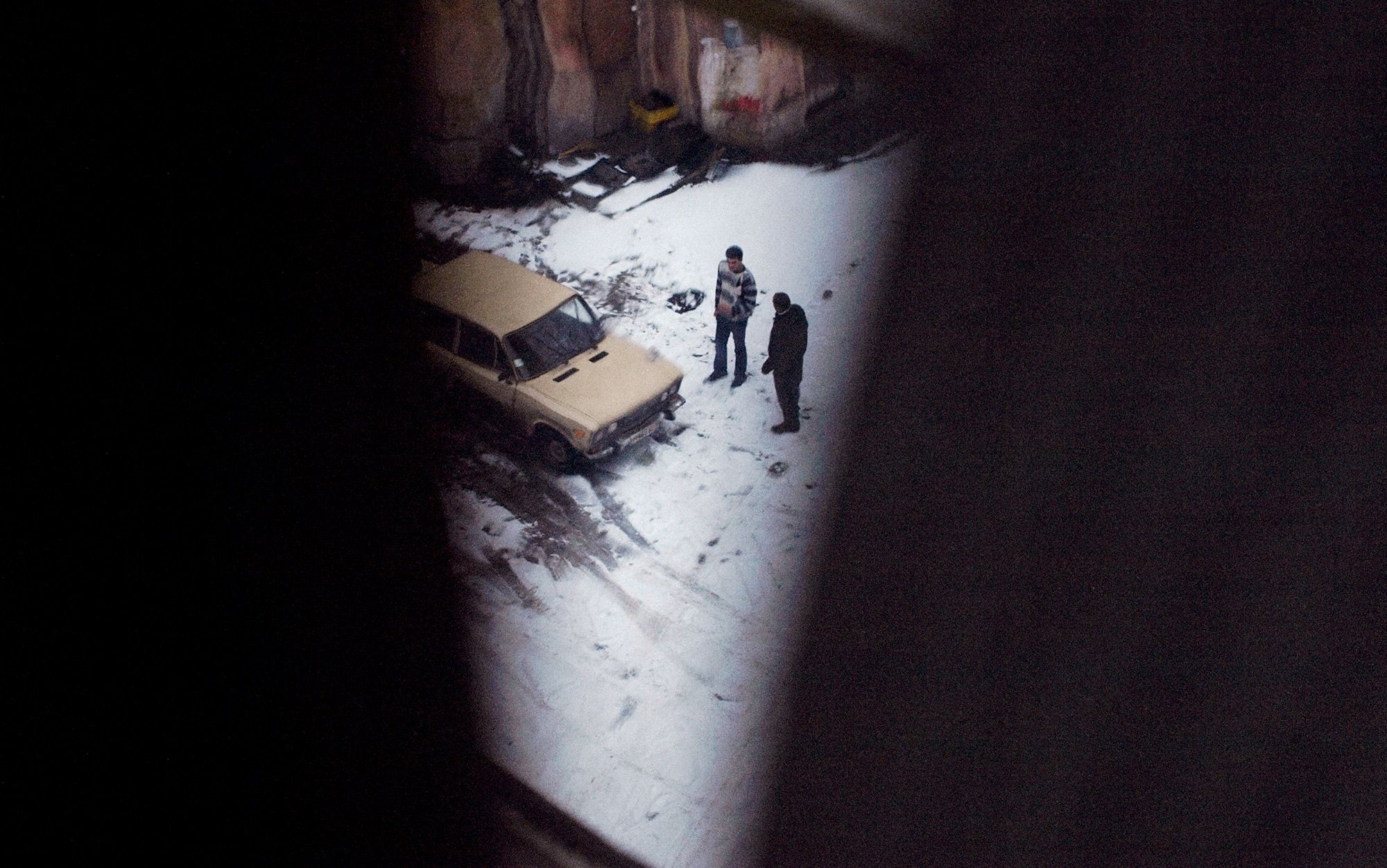Your secrets hurt your mental health. What’s the alternative? | Aeon Essays
Holding back the truth can take a huge toll on your relationships and your mental health. Why? And is there a better way?
is the Sanford C Bernstein & Co Associate Professor of Leadership and Ethics at Columbia Business School in New York. He is the author of The Secret Life of Secrets (2022).
Continued here